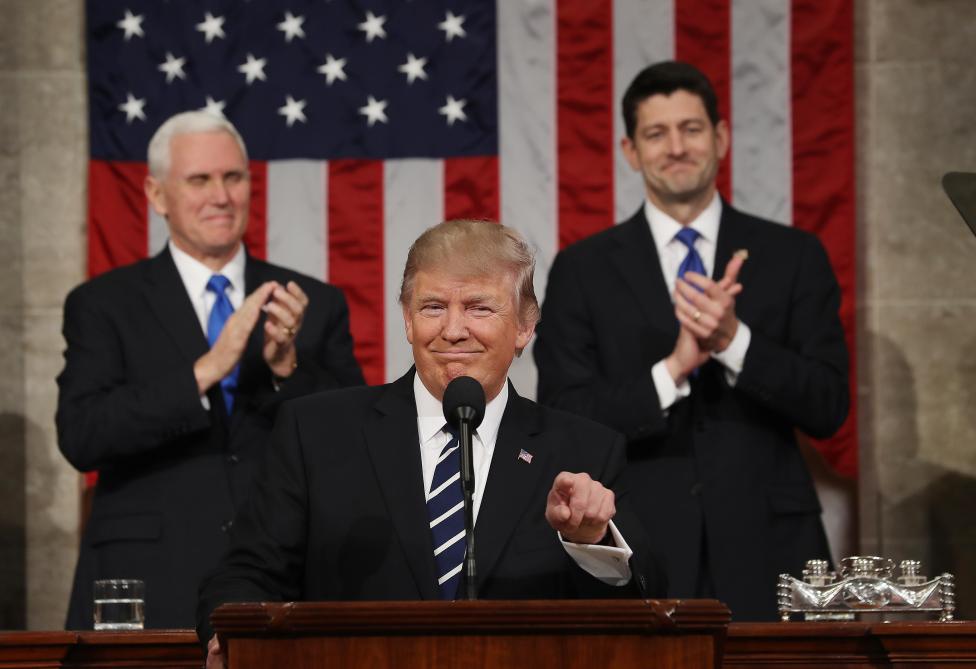Nigeria’s 2017 budget may be further threatened as oil prices break below the $50 mark on Wednesday, as US producers increase production, and drive oversupply.
Oil prices slipped on Wednesday to their lowest since late November, when the Organisation of Petroleum Exporting Countries (OPEC) agreed to the Algiers Accord.
Reuters reports that global benchmark Brent shed 32 cents, or 0.6 percent, to settle at $50.64 a barrel, its lowest close since November 30, while the contract fell as low as $49.71 in morning trade.
On its first day as the front-month, West Texas Intermediate (WTI) crude futures for May slipped 20 cents, or 0.4 percent, to settle at $48.04 per barrel. The session low was $47.01, its lowest since November, 2016.
Advertisement
The Energy Information Administration (EIA) said US inventories climbed almost five million barrels to 533.1 million last week, far outpacing forecasts of a 2.8 million-barrel build.
“The fact that this supply has increased almost 55 million barrels this year in the face of significant OPEC production cuts is evolving as a major bearish development that poses a significant threat to the viability of the OPEC agreement in our opinion,” Jim Ritterbusch, president of Chicago-based energy advisory firm Ritterbusch & Associates, said in a note.
A deal between the Organization of the Petroleum Exporting Countries and some non-OPEC producers to reduce output by 1.8 million barrels per day (bpd) in the first half of 2017 has done little to reduce bulging global oil stockpiles.
Advertisement
OPEC, which sources say is leaning toward extending cuts, has broadly delivered on pledged reductions, but non-OPEC states have yet to cut fully in line with commitments.
US shale oil producers have been adding rigs, boosting the country’s weekly oil production to about 9.1 million bpd for the week ended March 10 from an average 8.9 million bpd for 2016, according to US data.
Nigeria’s budget office had put oil benchmark for 2017 at $42.5 per barrel, until the senate reviewed it to $44.5, which experts considered “overly optimistic”.
With a continuing rise in shale oil on the global market, oil prices may beat the Nigerian benchmark and boost budget deficit for 2017, before the bill is passed.
Advertisement
Add a comment







